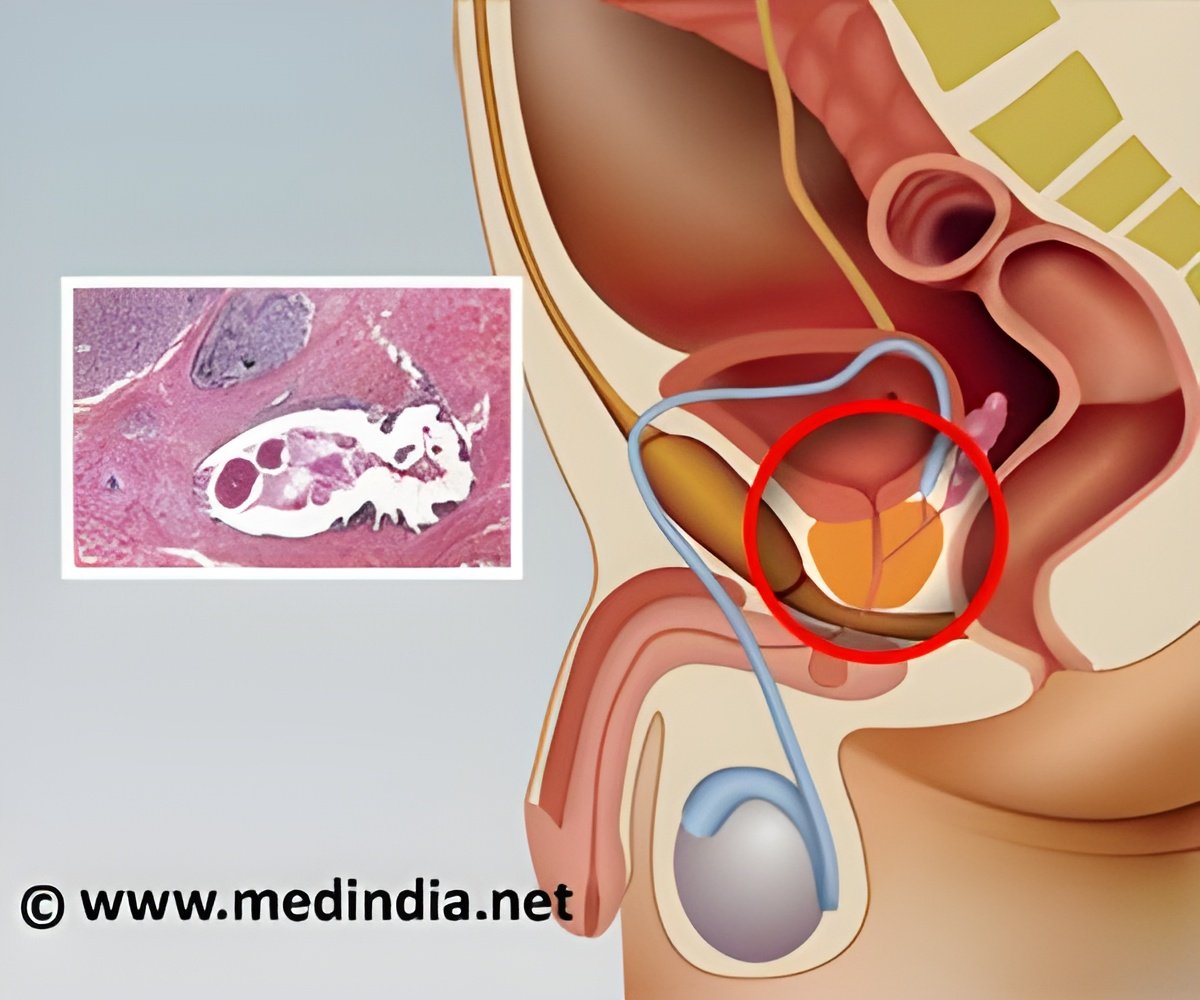
‘The intrinsic prostate cancer subtypes were associated with androgen receptor activity, expression of the ERG oncogene and other known drivers of prostate tumor growth and progression.’
Tweet it Now
Molecular subtyping of tumor cells allows oncologists to individualize care and tailor treatment based on the actual biology of each patient’s individual disease. “Tumors that appear similar under a microscope can behave very differently, from a clinical standpoint,” said Daniel E. Spratt, MD, lead author of the study and Chief of the Genitourinary Radiotherapy Program at the University of Michigan in Ann Arbor, Michigan.
“One promise of genomic analyses is to elucidate subtypes of cancer based on the genetics of the tumor rather than merely how they look or what size they are.”
“We were surprised to find that prostate cancer subtyped into only three very distinct subtypes,” said Dr. Spratt. “We knew that primary prostate cancer was a relatively quiet tumor, genomically, but similar cancers that are endocrine-driven, like breast cancer, have been shown to be able to be clustered into a finite number of subtypes.”
Researchers validated the subtypes across six additional retrospective cohorts, representing a variety of RNA sequencing platforms and tissue storage methods, and two prospective cohorts comprising 2,610 patients. The intrinsic subtypes were associated with androgen receptor (AR) activity, expression of the ERG oncogene and other known drivers of prostate tumor growth and progression, but researchers did not find a link from mutations or genetic rearrangements to the subtypes.
Advertisement
“We believe that these subtypes reflect truly distinctive underlying biology and that this work represents a significant advance in our understanding of prostate cancer biology. Moreover, our findings identify numerous genes and enriched biologically active pathways in prostate cancer that have been underappreciated to date but may be potential targets to improve cure rates in this disease by developing new targeted therapies.”
Advertisement


![Prostate Specific Antigen [PSA] & Prostate Cancer Diagnosis Prostate Specific Antigen [PSA] & Prostate Cancer Diagnosis](https://www.medindia.net/images/common/patientinfo/120_100/prostate-specific-antigen.jpg)










